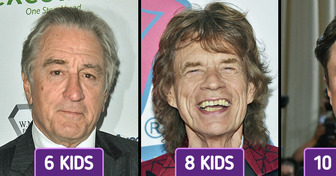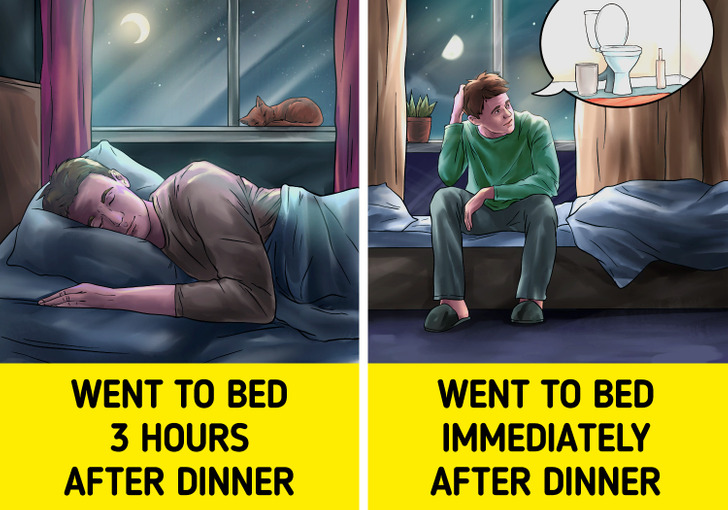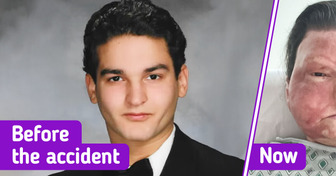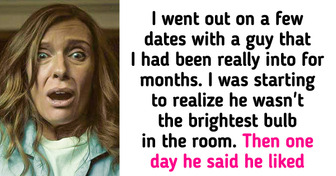10+ Stars Whose Large Number of Children Caught Us Off Guard

Most experts will tell you that it’s best to wait at least 3 hours after you’ve eaten and then go to bed. That is because going to sleep on a full stomach can have some negative effects on your quality of sleeping and your health. But, there are also some positive things you might start noticing if you tend to snack on something before sleeping.

Some people experience an increased need to urinate at night, which is known as nocturia. This can be related to the amount of caffeine in the food you ate late in the day. This means the food you eat could be a diuretic, or in other words, it makes you have to pee more. It can, of course, be found in coffee. But not many people know that it’s also present in other foods we might be eating before bed, like tea, baked desserts containing chocolate, and some medications.
When you eat late and not enough time passes before going to bed, you don’t give the body enough time to burn off calories from the meal you were eating. So even though you might feel very sleepy after a big meal and crashing on the couch for a small nap is all you want to do, this decision may be bad for your figure. It’s better to try to stop eating before bed or stay awake for some time after eating dinner if you don’t want any unwanted (and unnecessary) pounds to creep in secretly.
Normally, the acid produced when digesting the food you eat is contained in the stomach. Gravity is of great help here, as it forces the fluid stream downward. When lying down in a bed, however, the acid moves through the stomach and might come into contact with the sensitive parts of the digestive system. That’s why lying in bed with your stomach full can lead to heartburn, a painful burning sensation in your chest or throat.

Many people can’t start the day without a hot cup of coffee because the drop in their blood sugar level makes them feel exhausted no matter how many hours they slept. People with diabetes may wake up in the morning with high blood sugar, even if they haven’t eaten anything before sleep, and other people might experience low blood sugar during the night, which disturbs their sleep. If you’re familiar with any of these symptoms, try having a small snack at nighttime to balance out your blood sugar.
You might be spending hours at the gym and lifting weights several times a week, but if you’re going to bed on an empty stomach, it can actually sabotage all your efforts. If you’re feeling hungry before sleep, your body can keep you mentally alert, which, in turn, will affect your metabolism and slow your body’s ability to convert protein into muscle.











